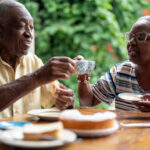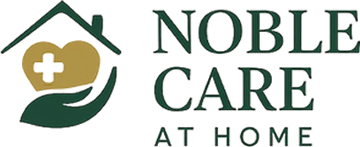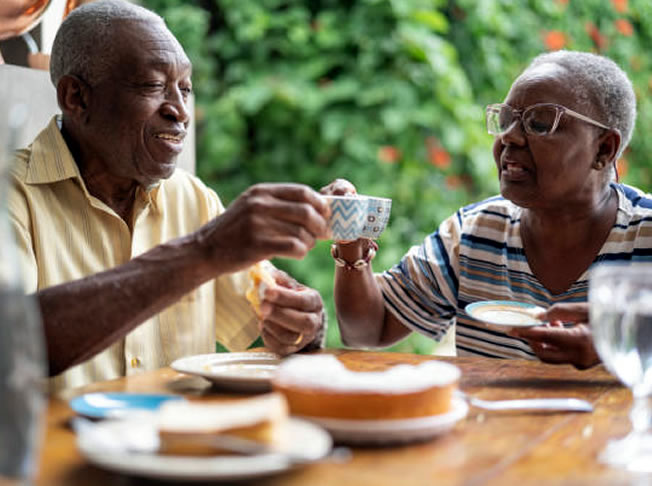
Nutrition and Lifestyle Tips for the Elderly
July 4, 2025Recognizing when an elderly loved one needs additional support is not always easy. In Ghanaian culture, where respect for elders is deeply ingrained, many older adults may downplay their struggles or resist outside help. Yet, subtle changes in daily behavior can signal that it may be time for extra care. Whether you live nearby or abroad, understanding these signs is the first step in ensuring your loved one receives the support they deserve.
Early Indicators to Look Out For
One of the most common signs is memory lapses. Forgetting appointments, misplacing items frequently, or repeating the same questions may indicate the onset of cognitive decline such as dementia or Alzheimer’s. While occasional forgetfulness is normal with aging, consistent memory issues can compromise safety and independence.
Mobility struggles are another red flag. If your parent is having difficulty climbing stairs, walking steadily, or getting up from a chair, it increases their risk of falls and injuries. Similarly, if you notice a decline in hygiene, nutrition, or household upkeep, these could be subtle indicators that daily living tasks are becoming too difficult to manage alone.

The Hidden Sign: Social Isolation
Beyond physical and cognitive health, isolation is one of the most telling signs that extra care is needed. Many elderly people in Ghana experience loneliness when their children move to cities or abroad, or when their peers pass away. Withdrawal from social activities, avoiding conversations, or showing disinterest in hobbies they once enjoyed may all point to emotional distress.
Left unaddressed, isolation can lead to depression and worsen health conditions. Encouraging regular visits, arranging companionship, or involving elders in community or church groups can make a significant difference. However, when social withdrawal persists, it may indicate the need for structured companionship or professional homecare support.
Talking About Care Without Stigma



